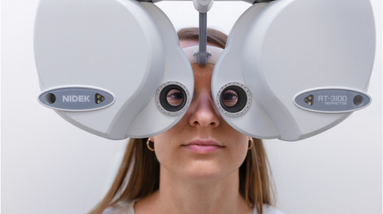Corneal Surgery

Corneal surgery is a type of surgical procedure that is performed to treat various conditions that affect the cornea, the clear, dome-shaped surface that covers the front of the eye. The cornea plays an important role in focusing light onto the retina, which allows us to see clearly. There are several types of corneal surgery, including:
- Corneal transplantation: Also known as a corneal graft, this procedure involves replacing a damaged or diseased cornea with a healthy donor cornea. There are several types of corneal transplantation, including penetrating keratoplasty (PKP), deep anterior lamellar keratoplasty (DALK), and endothelial keratoplasty (EK).
- Corneal cross-linking: This procedure involves using a special ultraviolet light and a photosensitizing agent to strengthen the cornea and prevent it from bulging further in patients with keratoconus.
- Phototherapeutic keratectomy (PTK): This procedure uses an excimer laser to remove damaged or diseased tissue from the cornea, and can be used to treat conditions such as corneal scars, dystrophies, and recurrent corneal erosions.
- Corneal inlays: These are small, thin lenses that are implanted into the cornea to improve near vision in patients with presbyopia.
- Amniotic membrane transplantation: This procedure involves using a thin, transparent membrane from the inner layer of the placenta to promote healing and reduce scarring in patients with corneal ulcers, chemical burns, or other corneal injuries.
Corneal surgery is typically performed on an outpatient basis, and the specific procedure used will depend on the patient’s individual condition and needs. It is important to have a thorough consultation with an ophthalmologist to determine if corneal surgery is appropriate and which procedure is best for you.
